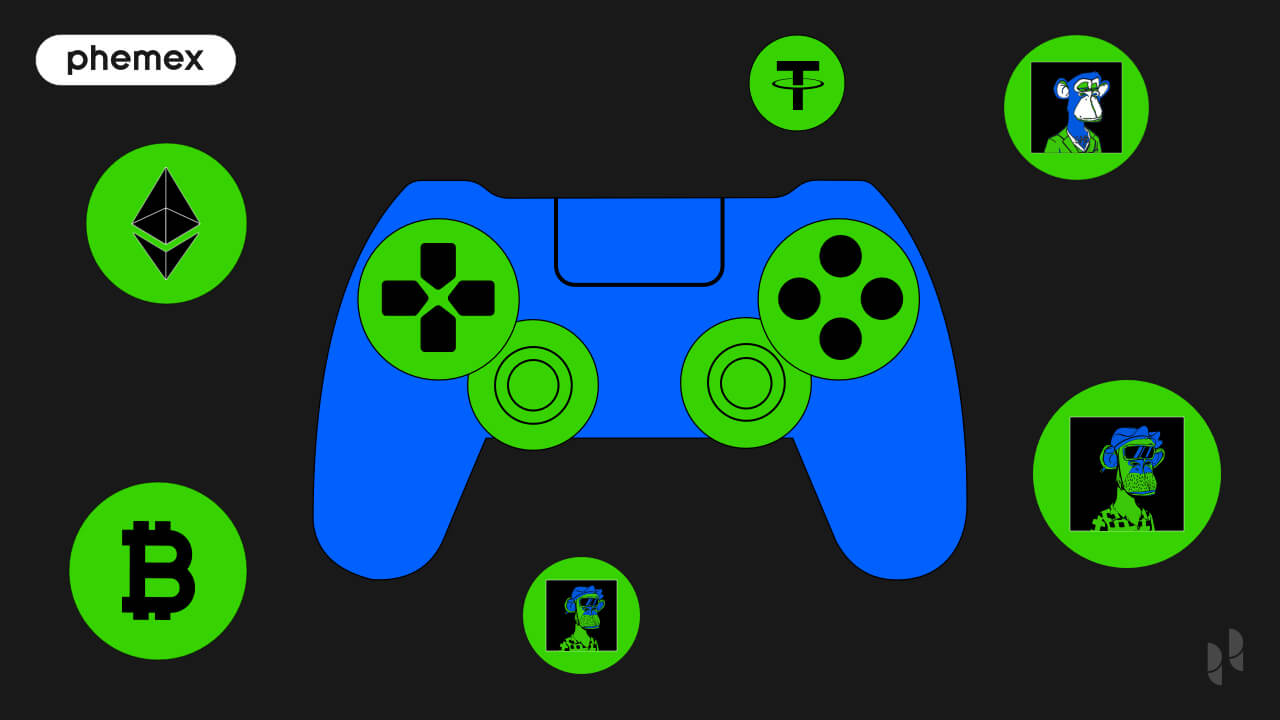Key Takeaways
- Use secure wallets and two-factor authentication to protect your in-game crypto assets.
- Only interact with trusted marketplaces and verified smart contracts.
- Stay vigilant against phishing, scams, and risky game mechanics.
Introduction
Web3 gaming merges blockchain technology with interactive gameplay, giving players the ability to earn, trade, and own digital assets. But with great power comes great responsibility—protecting your crypto is essential. Hacks, scams, and careless transactions can quickly turn a rewarding gaming experience into a costly mistake. This guide highlights practical strategies to keep your digital assets safe while enjoying Web3 games.
1. Secure Your Wallet
Your crypto wallet is the gateway to your digital assets. Start by choosing a trusted wallet, such as MetaMask, Trust Wallet, or hardware wallets like Ledger. Always back up your recovery phrase and never share it with anyone.
Enable two-factor authentication (2FA) whenever possible. This extra layer of security ensures that even if your password is compromised, unauthorized access is prevented.
2. Use Trusted Marketplaces and Games
Not every NFT or Web3 game is trustworthy. Before purchasing assets or connecting your wallet, research the game’s reputation, developer team, and community feedback. Stick to verified marketplaces like OpenSea, Magic Eden, or the official game store.
Verify smart contracts before interacting with them. Malicious contracts can drain wallets or steal NFTs, so double-check addresses against official sources.
3. Beware of Phishing and Scams
Phishing attacks are common in Web3 gaming. Never click links from unknown sources or unsolicited messages. Scammers often impersonate game developers or marketplaces to trick players into giving access to their wallets.
Check URLs carefully, enable browser security extensions, and confirm the legitimacy of any external connection requests.
4. Manage In-Game Crypto Wisely
Limit the amount of crypto you connect to any game at a time. Avoid keeping large balances in wallets linked to games; instead, use a dedicated wallet for daily gameplay and a separate “cold wallet” for long-term holdings.
Be cautious with staking, lending, or yield-farming features in games. While potentially profitable, these features can carry hidden risks. Understand the mechanics and read terms carefully before committing funds.
5. Keep Software Updated
Regularly update your wallet apps, browsers, and devices to patch security vulnerabilities. Many exploits occur due to outdated software that hackers can target.
Additionally, use antivirus programs and firewalls to protect against malware designed to compromise private keys or crypto transactions.
Conclusion
Protecting your crypto while playing Web3 games is about vigilance, research, and secure practices. By using trusted wallets, verifying games and marketplaces, avoiding scams, and managing assets responsibly, you can enjoy the benefits of Web3 gaming without unnecessary risk. Safe gaming ensures your digital assets remain secure while you explore the evolving world of blockchain entertainment.
Disclaimer: The information in this article is for general purposes only and does not constitute financial advice. The author’s views are personal and may not reflect the views of GameDegen.com. Before making any investment decisions, you should always conduct your own research. GameDegen.com is not responsible for any financial losses.




